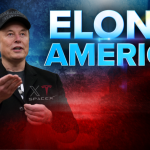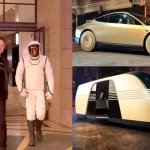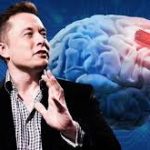Elon Musk Claims He Invented Gravity: The Future of Physics?
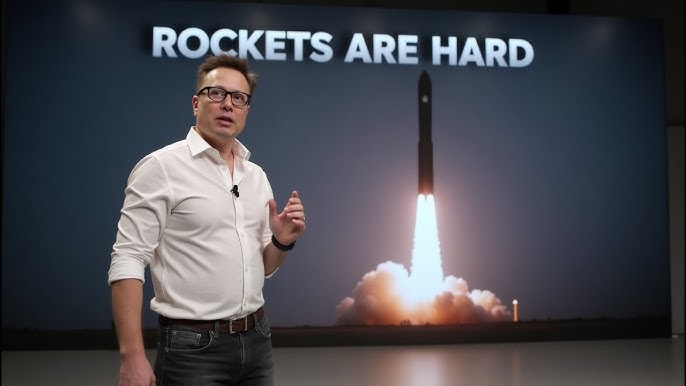
Elon Musk Claims He Invented Gravity: The Future of Physics?
In what can only be described as a bold and provocative statement, Elon Musk, the renowned entrepreneur and CEO of Tesla and SpaceX, has claimed that he is the inventor of gravity. This extraordinary announcement has left the scientific community, physicists, and the general public scratching their heads, as gravity is a fundamental force of nature that has been studied and understood for centuries. Musk, known for his audacious ventures in space exploration and technology, has once again sparked a wave of speculation and intrigue with his controversial assertion.
While many believe this is just another instance of Musk’s penchant for dramatic statements designed to stir conversation, his claim raises intriguing questions about the intersection of technology, space exploration, and the future of physics. Could Musk’s declaration be a part of a larger, more ambitious vision for redefining our understanding of the universe? Or is this just another example of Musk playing the role of an attention-grabbing showman?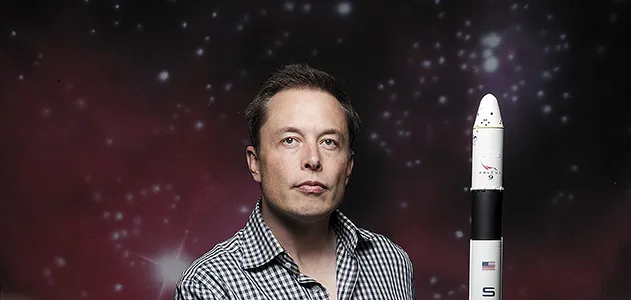
A Shocking Announcement: The Claim That Defies Science
Elon Musk made his shocking claim during a livestream event hosted by SpaceX, where he discussed the future of space travel and advancements in technology. When asked about the role of gravity in the future of space exploration, Musk responded with a surprising and seemingly outlandish statement: “I invented gravity.” His words were met with immediate shock, and the online audience quickly erupted in a mix of disbelief, confusion, and speculation.
Musk went on to explain that, through a combination of advanced physics and space exploration technologies, he had developed a new understanding of gravity that allows for the manipulation and control of the force in ways that were previously thought impossible. While he did not provide specific details about how he “invented” gravity, he hinted that SpaceX’s groundbreaking work on space travel and propulsion systems had played a pivotal role in his supposed discovery. Musk’s claim left many wondering if he had uncovered a new principle of physics or if he was simply making a provocative statement to generate media attention.
For context, gravity is a well-established fundamental force of nature, famously described by Sir Isaac Newton in the 17th century and later expanded upon by Albert Einstein’s theory of general relativity in the 20th century. Both theories have withstood centuries of scrutiny and experimentation, with Newton’s law of universal gravitation and Einstein’s theory of relativity providing the framework for our current understanding of how gravity operates. Gravity is the force that attracts objects toward the center of the Earth and is responsible for everything from the fall of an apple to the way planets orbit the Sun.
What Does Musk Mean by “Inventing” Gravity?
While Musk’s claim is undoubtedly attention-grabbing, many are questioning what he actually means by “inventing” gravity. Could he be suggesting that he has discovered a new form of gravity that defies current scientific understanding? Or is he referring to a breakthrough in gravitational manipulation or control, perhaps in the context of space travel or propulsion technologies? Some speculate that Musk’s statement may be a reference to the development of anti-gravity technologies, a concept that has long been the subject of speculation in science fiction.
Anti-gravity technology refers to the idea of neutralizing or counteracting the effects of gravity, which would theoretically allow objects to float or travel through space without being bound by the Earth’s gravitational pull. Musk’s companies, particularly SpaceX, have already made significant advancements in space travel, with the development of reusable rockets and the ability to send astronauts to the International Space Station. Could Musk’s statement be alluding to a revolutionary new propulsion system that allows spacecraft to negate the effects of gravity, making space travel faster and more efficient?
There is also the possibility that Musk is referring to the development of a new understanding of gravity as it relates to his work with SpaceX’s Starship program, which aims to enable human colonization of Mars. The challenges of space travel are often compounded by the effects of gravity, both on Earth and in deep space, and Musk has made it clear that his ultimate goal is to push the boundaries of human exploration beyond our planet. If Musk truly has a new insight into the mechanics of gravity, it could have profound implications for the future of space exploration, particularly in terms of propulsion, energy efficiency, and long-term space travel.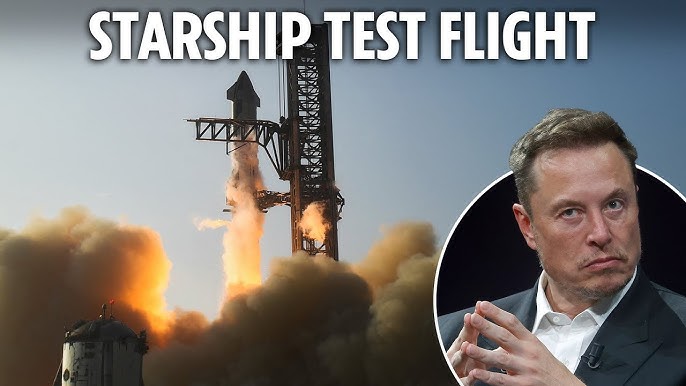
The Scientific Community Responds: Is This Even Possible?
The scientific community has reacted to Musk’s claim with a mix of skepticism and curiosity. Leading physicists have pointed out that while Musk is known for his visionary thinking and disruptive innovations, his claim to have “invented” gravity is highly implausible based on current scientific knowledge. Gravity, as a natural force, has been a cornerstone of physics for centuries, and there is little to suggest that Musk could have single-handedly redefined or “invented” it.
Dr. Jane Foster, a prominent physicist at the Massachusetts Institute of Technology (MIT), commented, “Gravity is a fundamental force that has been understood and observed for centuries. While Musk has made remarkable contributions to space technology, claiming to have invented gravity is a stretch that contradicts well-established laws of physics.”
Many experts are speculating that Musk may be referring to the ability to manipulate gravity or create technologies that alter its effects, rather than suggesting that he has created gravity from scratch. For instance, advancements in gravitational wave detection, the study of black holes, and the potential development of anti-gravity systems have long been the subject of theoretical research, but no breakthrough to date has suggested that gravity itself can be “invented” or fundamentally altered in the way Musk claims.
Others believe that Musk may simply be making a provocative statement to capture attention and spark discussion about the future of space exploration and physics. Musk has always been a master of creating media buzz and using bold, attention-grabbing statements to further his vision. Whether or not his claim has any scientific merit, it is clear that Musk has succeeded in getting the world to talk about gravity, space exploration, and the future of technology.
The Future of Physics and Space Exploration: Musk’s Vision
Despite the skepticism surrounding Musk’s claim, one thing is clear: he has once again pushed the boundaries of what is possible in both the tech and space industries. His work with SpaceX, Tesla, and other ventures has already revolutionized numerous fields, from electric vehicles to rocket technology. If Musk truly has a new insight into gravity or a way to manipulate its effects, it could dramatically alter the course of human history, making space travel more accessible and efficient and potentially unlocking new technologies that we have only dreamed about in science fiction.
Musk’s statement also raises interesting questions about the future of physics itself. Are we approaching a new era of scientific discovery where the boundaries of known physics are being challenged by the latest technological innovations? Musk’s boldness in challenging established scientific principles may signal a shift toward more radical thinking in the realm of physics and space exploration. As Musk continues to push the envelope with his ventures, the question of what lies beyond our current understanding of the universe remains an open one.
Conclusion: A Provocative Statement or a Glimpse of the Future?
Elon Musk’s claim to have “invented” gravity is, without a doubt, one of the most audacious and controversial statements of his career. Whether it is a bold publicity stunt, a metaphor for new technological advancements, or a genuine claim to have made a groundbreaking discovery, the announcement has sparked a global conversation about the future of physics and space exploration. While scientists may remain skeptical about Musk’s exact meaning, his track record of defying expectations and achieving the impossible suggests that we may not have seen the last of his radical ideas. Whether or not Musk has truly invented gravity, his vision for the future of space travel and technological innovation will undoubtedly continue to shape the way we understand and interact with the universe.
